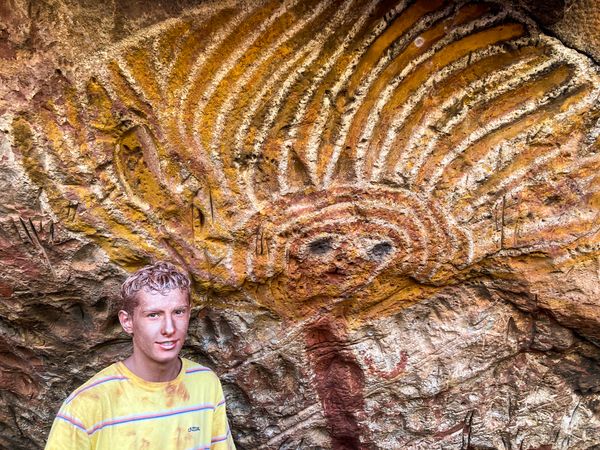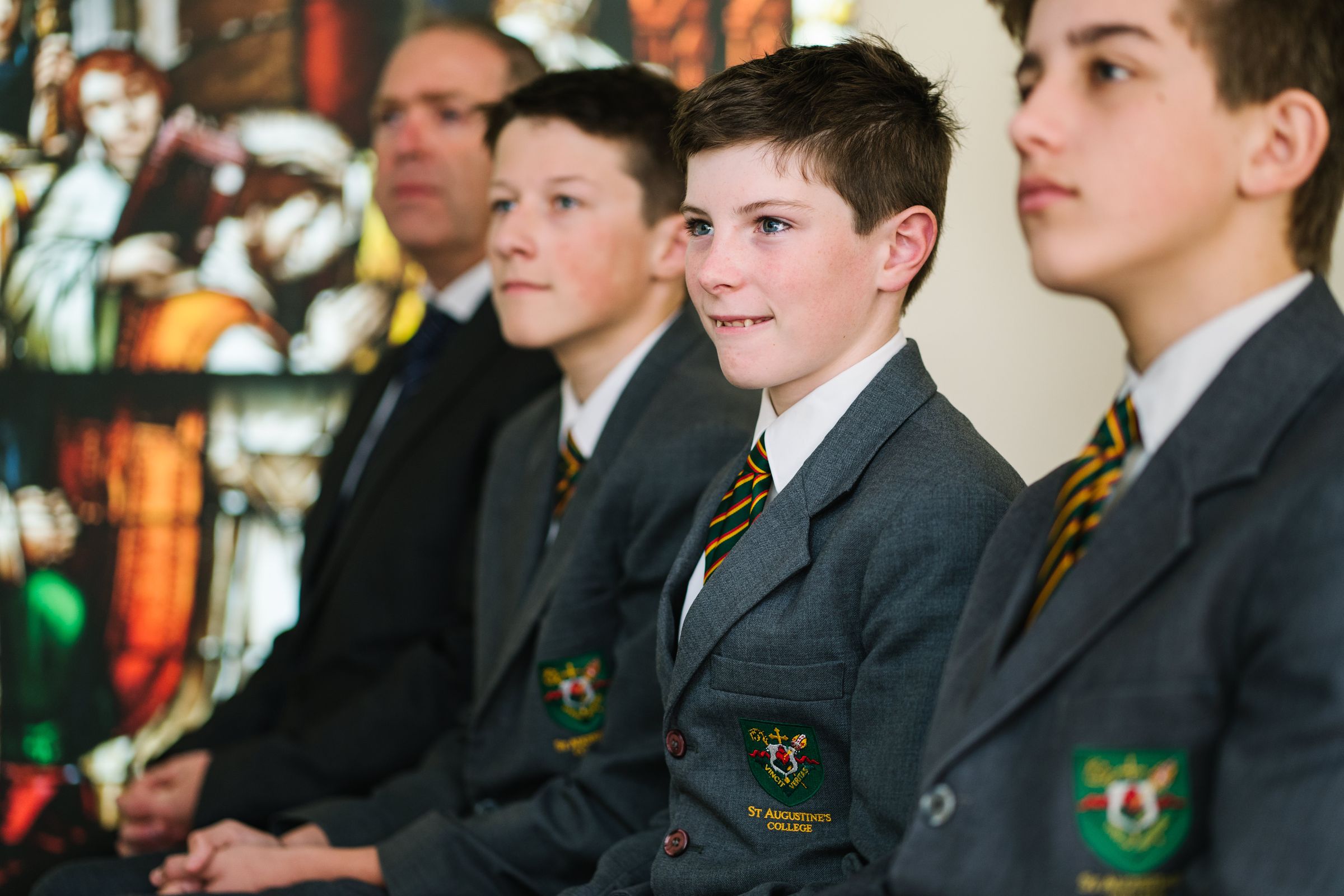Learning and Teaching
3D. Foster deep learning, global citizens who are critical thinkers, who work collaboratively and empathise with others.
- To review and define the requirements of the SEA program and the implications for overseas travel and service.
- Stakeholder engaged:
- Leadership Team

In July, eighteen students and staff from St Augustine’s College, along with nine students from Stella Maris Manly, experienced a 10-day Indigenous Immersion in the Northern Terrritory.
The Immersion forms part of the College’s Service Education Awareness (SEA) program, aimed at offering staff and students the opportunity to be involved in a range of social justice projects, along with valuable experiences for personal growth and co-educational opportunities.
The group visited two Indigenous homelands, leading to a greater appreciation for the richness of remote Indigenous Australia, and fostering meaningful connections between hosts and visitors, and amongst the student group.
“The best part of the trip was building relationships and gaining a deeper appreciation for Indigenous culture and way of life,” said Kylie Bowra, one of St Augustine’s College’s teaching staff. “It’s hard to put into words, the Welcome to Country ceremony was very powerful and for me it was life changing.”
Along with experiencing the ceremonial Welcome to Country, the group took part in a yarning circle every day, heard Dreamtime stories and wisdom from Elders, visited rock art that dates back thousands of years, and went fishing, swimming and bushwalking thanks to the hospitality and openness of the communities they lived with.
“Their knowledge and stories opened our minds to the profound connection with land, leaving us forever changed,” said Craig Jeffery, teacher at St Augustine’s College. “Their teachings emphasised the importance of preserving ancient traditions, protecting the environment, and nurturing a strong spirit of community. The evenings spent around the campfire listening to stories have left an indelible mark on our hearts and minds.”
Students and staff contributed to the communities they visited by helping with medicine gardens. Time was spent setting up a watering system and making signs for the gardens, including labelling plants using both Indigenous and English names.
The experience has allowed the students to place their life in a new context and encourages them to think about how they can contribute to society, and uphold the values of social justice and compassion for others, as they continue their educational journey back home.




